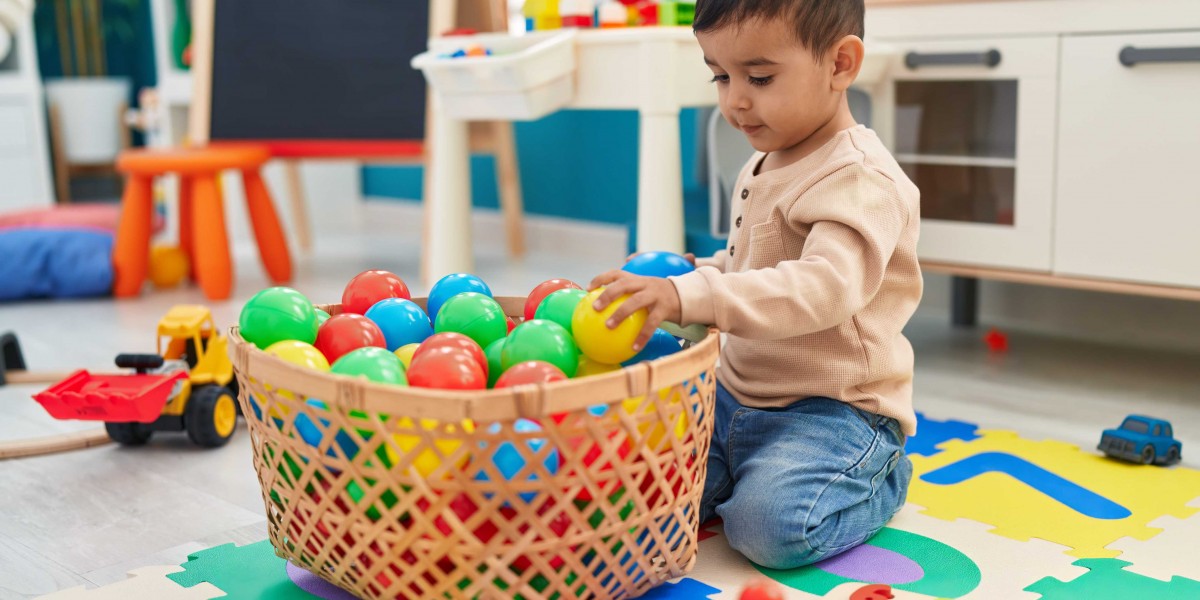This is where a babysitter plays an important role. Beyond simple supervision, babysitters contribute significantly to child care and development, ensuring children are safe, nurtured, and engaged while parents are away. From offering companionship to fostering essential skills, babysitters can positively shape a child’s early years.
Understanding the Core Responsibilities of a Babysitter
A babysitter’s role often extends far beyond watching children for a few hours. Depending on the family’s needs, their responsibilities can vary, but most focus on ensuring the child’s overall well-being.
Supervision and Safety: Babysitters are primarily responsible for keeping children safe. This means preventing accidents, following household safety rules, and responding effectively in emergencies.
Feeding and Meal Preparation: For young children, babysitters may prepare healthy meals or snacks and ensure proper hydration throughout the day.
Maintaining Routines: From bedtime schedules to playtime activities, babysitters often ensure children follow routines that support stability and comfort.
Emotional Support: Children often seek reassurance when their parents are away. Babysitters provide a sense of comfort and emotional security during these times.
These responsibilities might appear simple, but they form the foundation of consistent and structured care, which is vital for healthy growth.
Babysitters as Emotional Support Systems
Children thrive when they feel loved and supported. Babysitters, especially those who build a close relationship with the child, can act as emotional anchors.
Companionship: Babysitters provide company, which helps reduce feelings of loneliness or separation anxiety when parents are away.
Listening and Understanding: A babysitter who listens to children’s stories, fears, and ideas helps them feel valued.
Positive Reinforcement: Simple acts of encouragement from a babysitter can help boost a child’s self-confidence.
This emotional nurturing complements parental care and enhances a child’s sense of security.
Encouraging Healthy Social Development
A babysitter is not only responsible for looking after the child but also contributes to their social growth. Interactions with a babysitter expose children to different communication styles and personalities.
Teaching Manners and Respect: Babysitters can model respectful communication, helping children learn good behavior.
Conflict Resolution: When siblings are involved, babysitters often step in to mediate disagreements, teaching children how to handle conflicts peacefully.
Teamwork and Sharing: Babysitters encourage children to share toys and participate in cooperative activities, strengthening social values.
These small but consistent lessons play a long-term role in shaping a child’s interpersonal skills.
The Role of Babysitters in Educational Growth
While babysitters may not always act as formal teachers, they do contribute to a child’s intellectual development.
Homework Assistance: For school-aged children, babysitters often help with homework or revision, reinforcing classroom learning.
Reading and Storytelling: Reading books or telling stories sparks imagination and improves language skills.
Educational Play: Puzzles, board games, or creative activities like drawing help sharpen problem-solving skills and creativity.
Such learning-focused interactions ensure that children continue to grow intellectually outside of school hours.
Promoting Healthy Habits
Babysitters also influence lifestyle habits that can positively affect children as they grow.
Encouraging Active Play: Babysitters often engage children in outdoor or indoor activities, ensuring they stay physically active.
Healthy Eating Choices: Preparing nutritious meals helps instill better eating habits in children.
Proper Sleep Routines: Babysitters who stick to bedtime schedules ensure children get enough rest, which is vital for growth and development.
By modeling these habits, babysitters contribute to long-term well-being.
Building Trust and Communication with Parents
For babysitting to be truly effective, communication between parents and the babysitter is crucial. Babysitters often provide valuable feedback about the child’s behavior, preferences, or challenges.
Daily Updates: Parents appreciate knowing what their child did, ate, or learned during the babysitting hours.
Behavioral Observations: Babysitters can notice changes in mood or behavior that parents might want to address.
Collaborating on Strategies: When babysitters and parents work together, it creates consistency in the child’s care routine.
This partnership ensures that both the child’s immediate needs and long-term growth are aligned.
Babysitters and Cultural or Creative Exposure
Children are naturally curious, and babysitters often play a role in broadening their horizons.
Introducing New Hobbies: Babysitters may encourage art, music, or craft activities that children enjoy.
Exploring Cultures: Depending on the babysitter’s background, children might learn new songs, games, or stories, expanding cultural awareness.
Encouraging Imagination: Creative play supervised by a babysitter can help children think outside the box and develop innovative ideas.
Such exposure creates a more well-rounded development experience for children.
Essential Qualities of a Good Babysitter
Not every babysitter is equally effective in contributing to child care and development. Certain qualities make some stand out more than others:
Patience: Children can be unpredictable, and babysitters must remain calm in all situations.
Reliability: Parents need to trust that babysitters will show up on time and take their role seriously.
Creativity: Engaging children requires imagination and the ability to make learning fun.
Empathy: Babysitters who genuinely care for children are more likely to form strong bonds and provide better emotional support.
Responsibility: From safety to decision-making, babysitters must act responsibly at all times.
These attributes help ensure children feel both cared for and inspired.
Challenges Babysitters Face
While rewarding, babysitting comes with challenges. Recognizing these helps parents appreciate the effort involved.
Managing Separation Anxiety: Some children struggle when parents leave, requiring patience and reassurance.
Balancing Discipline and Fun: Babysitters must maintain boundaries while still making the experience enjoyable.
Adapting to Household Rules: Every family has unique expectations, and babysitters must quickly adapt.
Handling Emergencies: Babysitters need to be prepared for unexpected situations, from minor injuries to sudden illnesses.
By overcoming these challenges, babysitters prove their value as an integral part of the child’s care system.
How Babysitters Impact Long-Term Development
The influence of a babysitter can extend far beyond childhood moments. Regular interaction with a reliable babysitter can help children:
Develop a stronger sense of independence.
Gain confidence in social interactions.
Learn responsibility through routines and discipline.
Form positive associations with non-parental caregivers.
This long-term impact underlines why babysitters play such a vital role in overall child care and development.
Choosing the Right Babysitter
Parents looking to hire a babysitter should focus on more than availability. Finding the right match is essential for both comfort and developmental support.
Experience and Training: Babysitters with CPR or first-aid training provide added security.
References: Speaking with previous employers helps evaluate trustworthiness.
Compatibility: Children should feel comfortable with the babysitter for a healthy relationship to form.
Trial Period: A short trial session can help both the babysitter and child adjust.
These steps ensure the babysitter not only supervises but also contributes positively to the child’s growth.
Wrapping Up
A babysitter is much more than someone who watches children for a few hours. They play a vital role in shaping young minds, offering safety, guidance, and companionship. From nurturing emotional well-being to encouraging creativity and learning, babysitters are essential contributors to child care and development.
Parents who carefully choose the right babysitter can ensure their children benefit from meaningful interactions that go beyond basic supervision. In many ways, babysitters become partners in raising happy, healthy, and confident children, making their presence in modern family life invaluable.








